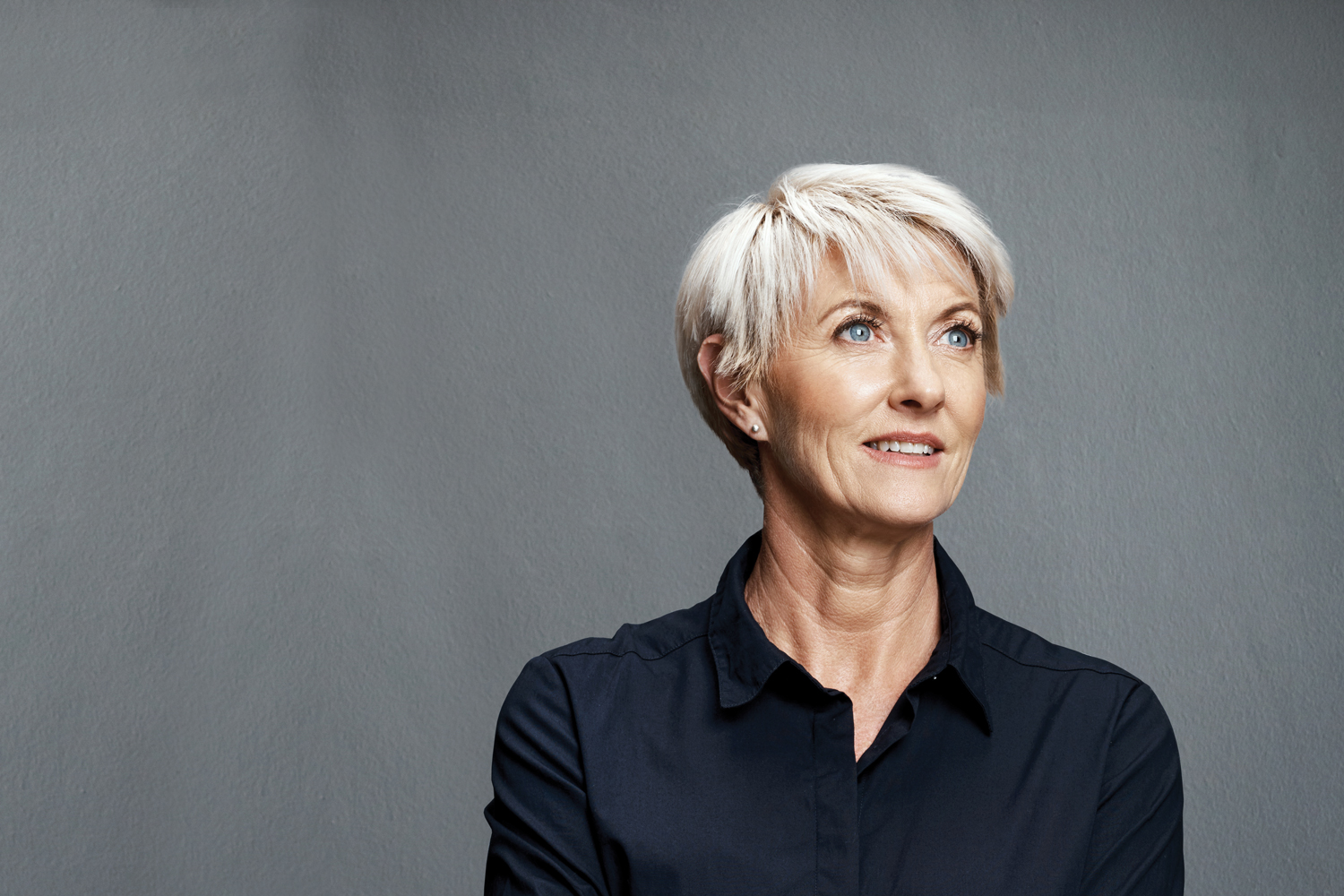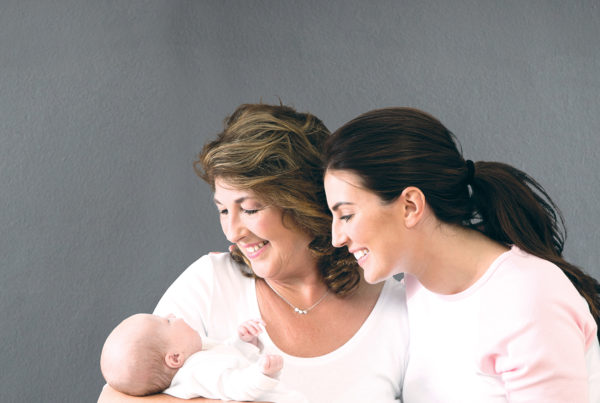
It’s the worst news you can get. So bad people don’t want to say it out loud. They just call it “The big C”. And yet, it’s all too common a diagnosis for Canadians: in 2017 alone, an estimated 200,000 Canadians were newly diagnosed with cancer.
Nearly everyone you meet will have some connection to the disease, whether they’ve experienced it themselves or seen a loved one go through it. And today, you’ll meet one more.
A Devastating Diagnosis
When she received her initial diagnosis, Monique was in shock. At stage 4, the cancer had spread, which meant no treatment plan would be simple.
“We knew something was wrong,” she said. “That kind of thing doesn’t just sneak up on you.” She pauses and lets out a deep sigh. “We just didn’t think it would be that bad.”
Monique’s oncologist did her best to simplify things for her. She gave her detailed information about her condition and treatment options, listened to her questions, and tried to explain the situation as clearly as possible. But with uncertainty facing her, Monique wanted to ensure she was taking the best possible avenue in fighting this cancer. “You can’t really process what it all means at first. You basically find yourself trying to get a medical degree from Google.”
Monique just wanted some informed support. So she reached out to her insurance benefits and enrolled in their Medical Second Opinion (MSO) program.
Second Opinions – not just for skeptics
Monique’s MSO program began with a referral to a nurse contact, whose clear and compassionate counsel was exactly what Monique needed. “She was very empathetic,” she said. “[She] asked questions of what happened, what had been done so far in terms of tests and diagnostics, and explained very well the process and documents that needed to be signed.”
From there, Monique was given an in-depth consultation with a medical specialist, along with comprehensive information about every test and procedure being suggested.
“We weren’t doubting the diagnosis,” she clarified, “we just wanted to make sure we were getting the right treatment.”
The second opinion medical specialist team confirmed the proposed course of Monique’s treatment, giving Monique and her family confidence that they were on the right track.
The Changing Face of Cancer Treatment
With cancer research constantly developing, the overall mortality rates for all cancers in Canada have been on the decline since the 1990s, and most cancers continue to see declining mortality rates today. The good news is, should you be faced with a cancer diagnosis, there are likely to be options on the table. But as treatments for cancer continue to evolve, the best course of action for each diagnosis may not always be cut and dry.
Monique’s was a complicated case, and while the first course of treatment was successful, her cancer later recurred. This time, it was the oncologist herself who got in touch with the second opinion medical specialist. The two medical professionals were able to tackle Monique’s situation with renewed vigour and come up with recommendations. Together, they were able to find a clinical trial drug that was not yet available in her province, and get Monique approved to join the trials.
“Our oncologist indicated that the specialist consulted was the top specialist in this field in Canada, which was very reassuring,” says Monique, before announcing that she is now officially in remission.
The Other Big C – Compassion.
Cancer is more than just a diagnosis of illness – the knock-on effects on a patient’s emotional well-being can be severe. A recent study of cancer from the patients’ perspective found that 70% of survivors reported effects on their emotional health after treatment. These effects include feelings of anxiety, depression, guilt and anger, among others.
It was anger that Monique felt when her cancer returned. After all, she had done everything right! How could it come back? Fortunately, she wasn’t alone – her family was there to support her.
But not all patients have the kind of support network that Monique had. In fact, a UK report in 2013 found that nearly a quarter of cancer patients lacked a support network (family or friends) to help them through the treatment. This makes the “soft skills” side of Second Opinion services crucial.
“I would get regular weekly emails informing me of the progress of each step and contacts made,” Monique tells us. “I was absolutely treated with a lot of compassion and felt like someone understood the enormously challenging situation and how difficult it was. That kind of support might be vital if someone were going through this alone.”
With the support of her medical team, her family, and the ongoing help of her second opinion service, Monique is now cancer-free. Instead, she’s added a few other “big C”s to her life – Compassion, Communication, Capability, and Care.
Read more success stories.
Sources
https://www.cancer.net/navigating-cancer-care/diagnosing-cancer/stages-cancer



